Has the dry winter weather done a number on your skin?
I hear ya… dry skin is my nemesis. I’m sure I could probably stand to drink more water on a day-to-day basis, but even when I gulp down my obligatory (and debatable) 8 cups of fluid a day (including a few cups of my beloved bone broth for extra skin-loving collagen) my skin STILL gets dry during the winter. So like it or not, I use lotion on a daily basis…because even my inner hippie can’t stand dry skin. Yuck.
It would be a wonderful world if we could all run to the nearest store and buy any body lotion that floats our boats. But unfortunately there are just too many companies putting questionable ingredients in personal care products these days. In fact, there is a growing body of research that has linked these common personal care product chemicals to allergies, hormone disruption, asthma, neurological disorders and even cancer. Not to mention the troubling report that the average age of puberty in girls has dropped from 16 to 17 years of age…to under 13 years of age, on average. Environmental chemicals, like the ones found in personal care products (hormone disruptors), play a significant role in this early puberty trend.
As a mom to a young daughter, I pay close attention to the ways I might protect her hormonal system. Choosing our personal care products very carefully is one way I protect my daughter’s hormones, and childhood.
But before you boycott commercial body lotions entirely and commit your family to a life of dry skin, let me share with you the top ingredients to avoid in commercial body lotion and offer you some non-toxic alternatives instead.
5 Ingredients to Avoid in Body Lotion (and what to use instead).
- Parabens (methyl-, isobutyl-, proply- and others): Parabens are preservatives added to body lotion to prevent the growth of bacteria and mold. Parabens are endocrine (or hormone) disruptors, meaning they alter important hormone mechanisms in the body. Specifically, parabens mimic estrogen. Parabens can lock on to the cell’s own estrogen receptors and disrupt cellular communication. Parabens may play a role in triggering breast cancer.
- BHA and BHT: These little lovelies are put into lotion to extend the shelf life of a product. However, these chemicals are probable carcinogens, hormone disruptors and they may even cause liver damage. No thanks.
- Polyethylene glycol (PEG compounds): Polyethylene glycol is used to make lotions and potions thicker, softer and better able to carry moisture to the skin. Unfortunately, depending on the manufacturing process, PEG compounds are often contaminated with ethylene oxide and 1, 4-dioxane, both of which are carcinogens.
- Fragrance: Fragrance is a term used to describe over 3,000 chemical ingredients. Companies do not have to disclose what ingredients make up their product’s “fragrance” because the term is protected by federal law (under trade secrets). Many chemicals listed as fragrance are known hormone disruptors and allergens. Smells fishy to me.
- Mineral Oil (also called liquid paraffin, liquid petroleum, paraffin oil): Mineral oil is a byproduct of petroleum distillation and is frequently put in baby lotion. Mineral oil can cause a red, itchy rash when it comes into contact with the skin. Not something you likely want your baby to have!
Your Non-toxic Body Lotion Solution.
Thankfully, we have many safe options when choosing a non-toxic body lotion made without these top 5 offending ingredients. If you are the crafty type, you can make your own lotion using a few simple ingredients. Below are some of my favorites and you can also check out this great list of homemade lotion recipes, too.
Some of my favorite DIY lotion recipes include:
3 Ingredient Body Lotion from Mommypotamus
Homemade Non-Greasy Lotion by From the Ground Up
Whipped Body Butter from Holistic Squid
Or if You Prefer to Buy a Safe Body Lotion…
If DIY is not on the agenda, then by all means support a company making safe products for consumers. My favorite body lotion for adults and kids is the Hydrate lotion from Beautycounter. If you want something a little thicker I also love their Enrich body butter (it’s my personal favorite). For babies I would still use something like coconut oil because babies have their own natural protective oils on the skin and don’t need much in the way of lotion. I’d only use coconut oil if the skin was extra dry or irritated. If your baby has eczema, check out my recipe for DIY eczema cream.
I love Beautycounter because they are a mission-based company dedicated to protecting our children from everyday toxic chemicals in personal care products. Their mission aligns so well with mine that I even started my own Beautycounter shop. When you purchase from the Kula Mama shop I earn a small commission which keeps me writing more articles like this so we can all better protect our children. Here is the list of ingredients they promise NEVER to include in their products. If you don’t DIY, vote with your dollar and ask companies to make more products free of harmful chemicals…

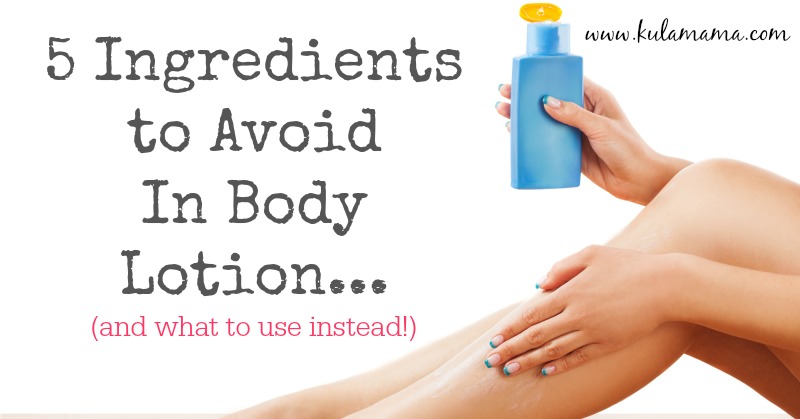
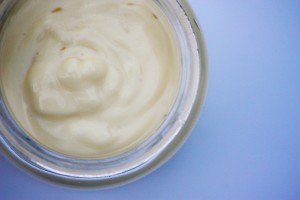
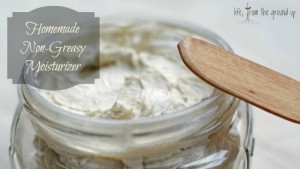
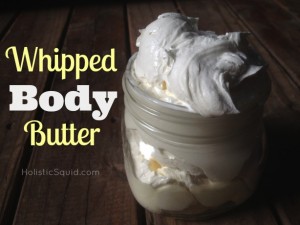
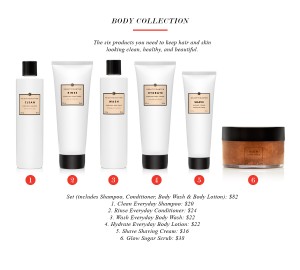
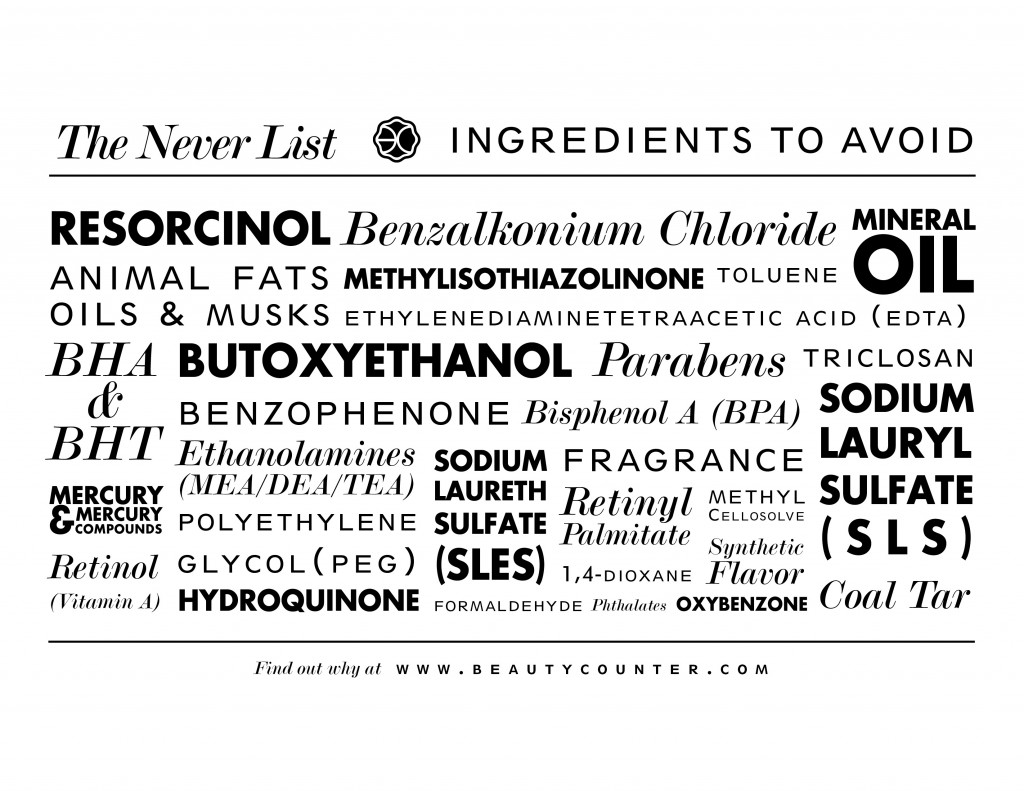
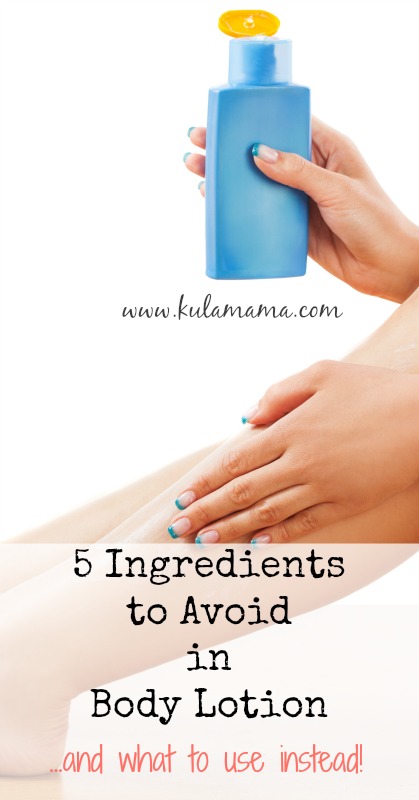
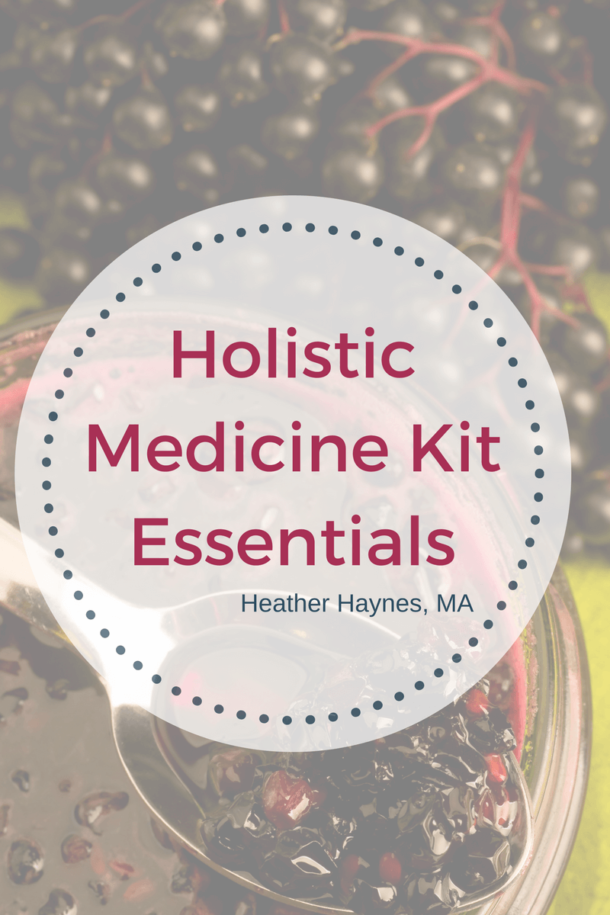
Hello, thank you so much for your hard work and information. I was wondering, do you have any products to recommend that are a heavy metal detox for children?
I did read about the detox clay bath, but was curious for something more to do. Thank you very much.
I would definitely recommend working with a functional doctor or naturopathic doctor to do heavy metal detox, it’s tricky and requires monitoring by a practitioner trained to do it!
What else goes in the body butter. Do we order it? I just joined and have the doc. Excited to make this and body scrub and lipstick maybe Chapstick for my daughters birthday mar 21 at but I think I need to buy stuff